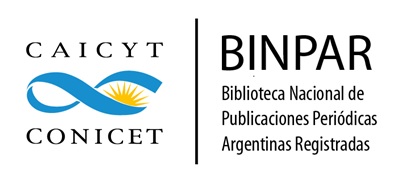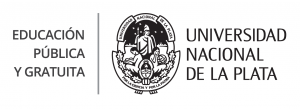Denied Readings, Exploded Writings
Youth Perceptions About the Use of Digital Technologies
DOI:
https://doi.org/10.24215/18524907e027Keywords:
reading and writing, youth perceptions, digital technologies, Conectar IgualdadAbstract
In this work, the authoress investigates the representations about the reading and writing processes that make up the youth of the popular sectors, students in the public secondary schools of the city of La Plata (Buenos Aires province, Argentina) and who were beneficiaries of the program Conectar Igualdad. Based on in-depth interviews, the perceptions of reading and writing practices themselves inside and outside the school are analyzed, seeking to understand the displacements and crystallizations of meaning about these practices, in a context of increasing mediation of culture.
Downloads
Metrics
References
Albarello, F. (2011). Leer/navegar en Internet. Las formas de lectura en la computadora. Ciudad Autónoma de Buenos Aires, Argentina: La Crujía.
Alvarado, M. (2013). Escritura e invención en la escuela. Ciudad Autónoma de Buenos Aires, Argentina: Fondo de Cultura Económica.
Baricco, A. (2008). Los bárbaros. Ensayo sobre la mutación. Barcelona, España: Anagrama.
Baudrillard, J. (1969). El sistema de los objetos. Ciudad de México, México: Siglo XXI.
Bourdieu, P. y Passeron, J. C. (1985). La reproducción. Elementos para una teoría del sistema de enseñanza. Barcelona, España: Laia.
Díaz Larrañaga, N., Grassi, L., y Mainini, C. (2011). Socialidad: los modos de apropiación del espacio público. Question, 1(29). Recuperado de https://perio.unlp.edu.ar/ojs/index.php/question/article/view/572
García Canclini, N. (2015a). ¿Cuánto o cómo se lee? En A. Quevedo (Comp.), La cultura argentina hoy. ¡Tendencias! Ciudad Autónoma de Buenos Aires, Argentina: Siglo Veintiuno.
García Canclini, N. (2015b). Leer en papel y en pantallas: el giro antropológico. En AA.VV, Hacia una antropología de los lectores (pp. 1-37). Madrid, España: Fundación Telefónica.
Goldsmith, K. (2015). Escritura no-creativa. Gestionando el lenguaje en la era digital. Ciudad Autónoma de Buenos Aires, Argentina: Caja negra.
Igarza, R. (2009). Burbujas de ocio. Nuevas formas de consumo cultural. Ciudad Autónoma de Buenos Aires, Argentina: La Crujía.
Instituto de Estudios Comunicacionales en Medios, Cultura y Poder «Aníbal Ford» (INESCO) (2015). Conectar Igualdad. Apropiaciones e las netbooks por fuera del ámbito escolar. La Plata, Argentina: Universidad Nacional de La Plata. Recuperado de https://drive.google.com/file/d/0BG45aqy96bVd1dlaUlINFFOZ0U/view?usp=sharing
Martínez, D., Romero, G., Sánchez, P. y Martinuzzi, E. (agosto 2014). A 30 años de «Un proyecto de comunicación/ cultura», de Héctor Schmucler. Una revisita posible. Trabajo presentado en el XVI Congreso de la Red de Carreras de Comunicación Social y Periodismo de la Argentina (REDCOM). Universidad de La Matanza, Argentina.
Papalini, V. (2012). Las lecciones de los lectores. A propósito de la recepción literaria. Álabe, (6). http://dx.doi.org/10.15645/Alabe.2012.6.1
Schmucler, H. (1984). Un proyecto de comunicación / cultura. En Comunicación y Cultura, (12). Ciudad de México, México: Galerna.
Sistema de Información Cultural de la Argentina (SINCA) (2014). Encuesta Nacional de consumos culturales. Informe N.° 2: Computadora, videojuegos e Internet. Buenos Aires: Ministerio de Cultura de la Nación. Recuperado de https://www.sinca.gob.ar/VerDocumento.aspx?IdCategoria=10
Varela, M. (2009). Él miraba televisión, Youtube. La dinámica del cambio en los medios. En M. Carlón y C. Scolari (Eds.), El fin de los medios masivos. El comienzo de un debate. Ciudad Autónoma de Buenos Aires, Argentina: La Crujía.
Downloads
Additional Files
Published
How to Cite
Issue
Section
License
The acceptance of an original by the journal implies the non-exclusive transfer of the patrimonial rights of the authors in favor of the publisher, who allows the reuse, after its edition (postprint), under a Creative Commons License Attribution-NonCommercial-ShareAlike 4.0 International.
According to these terms, the material can be shared (copy and redistribute in any medium or format) and adapted (remix, transform and create another work from the material), provided that a) the authorship and the original source of their publication (magazine and URL of the work) are cited, b) is not used for commercial purposes and c) the same terms of the license are maintained.
The assignment of non-exclusive rights implies that after postprint in Revista Argentina de Estudios de Juventud authors may publish their work in any language, media and format; in that case, it is requested that they signal that the material was originally published by this journal.
Assignment also entails the authors’ authorization for the work to be collected by SEDICI, the institutional repository of the Universidad Nacional de La Plata, and for it to be indexed in the databases that the publisher thinks appropriate for enhancing the visibility of the published work and its authors.
In addition, the journal encourages authors to submit their works to other institutional and thematic repositories after their publication in Revista Argentina de Estudios de Juventud, under the assumption that offering society unrestricted access to scientific and academic production contributes to a greater exchange in global knowledge.

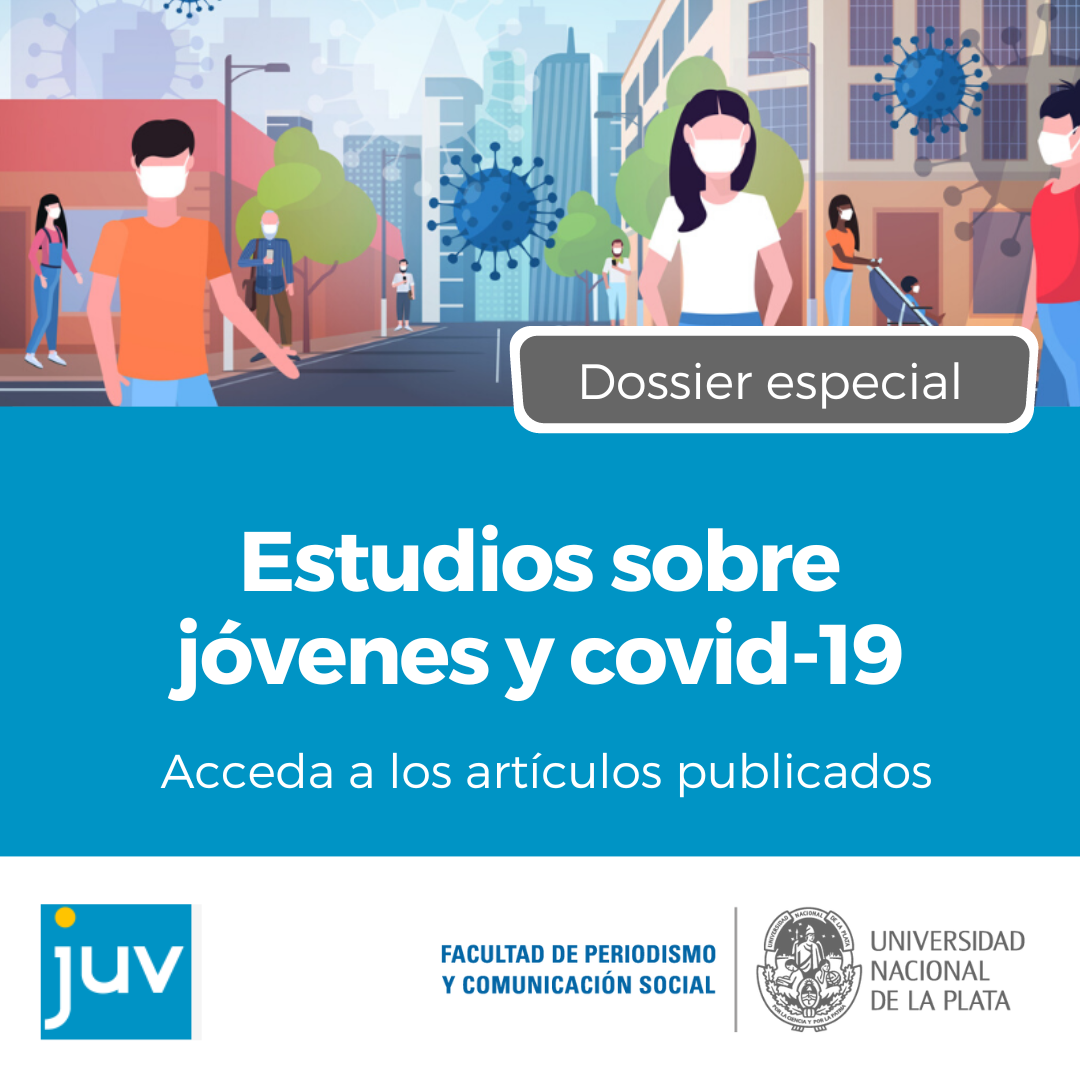




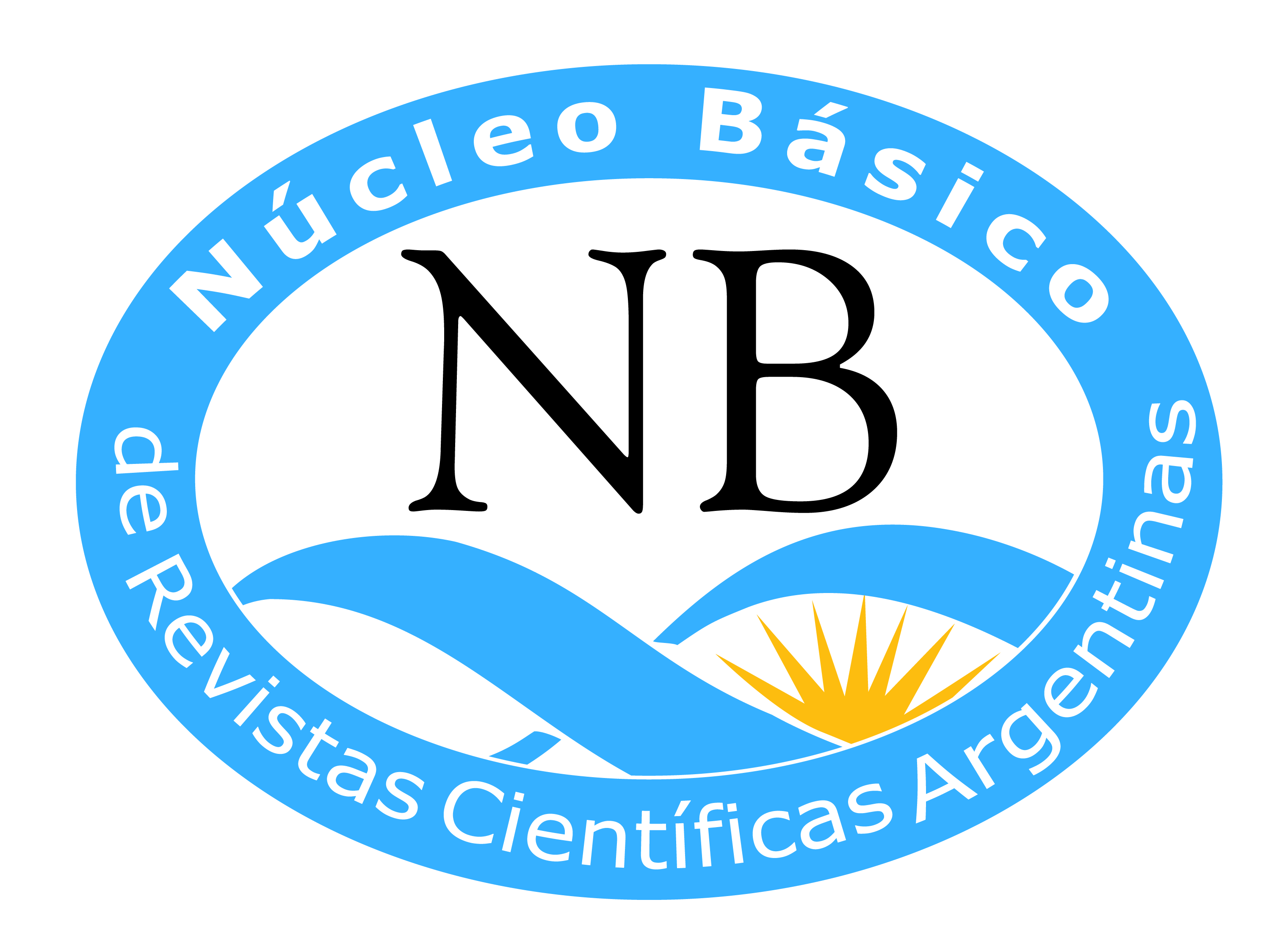
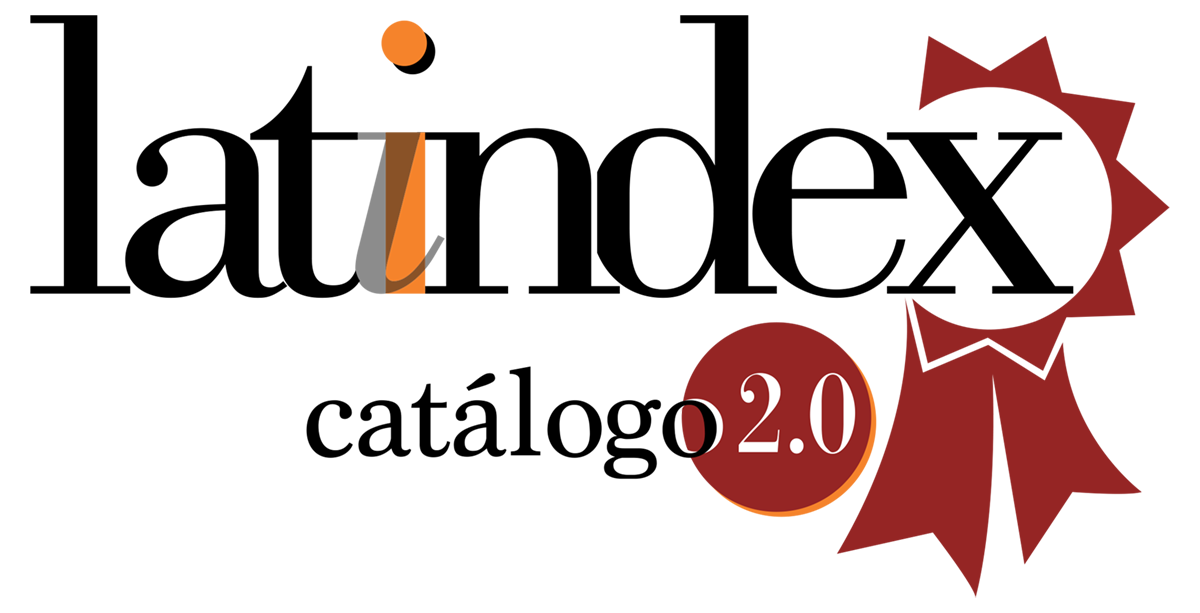

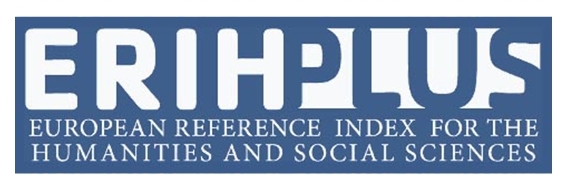



.png)















